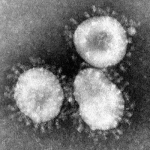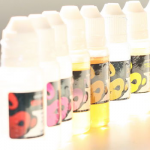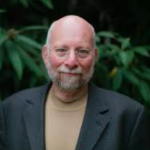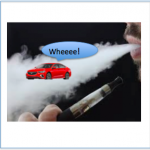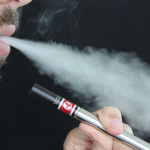From vaping to alternative medicine, health authorities in the United Kingdom are much more willing to tell people the cold, hard truth, as compared to their American counterparts.
vaping
The World Health Organization does a tremendous job advancing the cause of global public health. But two recent, major screw-ups show that the institution is far from perfect. In one instance, a group of UK scientists accused the WHO of spreading "blatant misinformation."
Public health advocates regularly promote bans on flavored liquids, or e-liquids, used in e-cigarettes, arguing that they prompt teenagers to take up vaping and ultimately “hook” them on nicotine. While this is a reasonable concern, the evidence shows that banning flavored e-liquids would discourage adult smokers from giving up cigarettes and do little to quell teen vaping, which is low in both the U.S. and U.K.
If you're a government agency like the CDC, the best time to admit to a huge mistake is on Friday afternoon before a three-day weekend. And if you're a government agency like the FDA, there's never a good time to make a boneheaded decision.
2020 has gotten off to a rough start for both vaping supporters and critics. A new policy by the Trump Administration has both sides angry, and a new anti-nicotine policy by U-Haul, the self-moving company, appears to be blatantly discriminatory.
Clickbait – provocative and intentionally misleading headlines online, designed to draw in newspaper or magazine readers – are nothing new to ACSH, or one of our trusted advisors. Have things gotten worse? That advisor, Dr. Jeffrey Singer (pictured), wonders whether scientific studies have stooped to an extremely low level.
The ALA does not approve of e-cigarettes, despite the fact that thousands of smokers have used them to quit. Is their reluctance to acknowledge the utility of e-cigarettes due to a financial conflict?
In a press release, the American Heart Association sensationalized research presented at its meeting, then included a disclaimer that the research may not be accurate. And the association doesn't necessarily endorse it. And then the Surgeon General posted it on Twitter.
The mainstream media would have us believe that vaping, especially among our children, is the gateway to smoking tobacco. A new study suggests otherwise.
The so-called War on Drugs, a spectacular failure by any measure, just got more complicated (and worse) because of vaping. New ACSH advisor Dr. Jeffrey Singer (pictured) argues that we are seeing a modern version of Prohibition decorated with vaping devices.
U.S. drug policies are just plain nuts. Pain patients can't get opioids because they're "bad." But your miniature poodle could walk into ... pretty much any store and waltz out with vaping solutions of CBD oil or maybe even THC because they're "good." But now fentanyl -- the real cause of most overdose deaths -- is showing up in vaping solutions. Can't make this up.
Our northern neighbor has banned flavors in vaping products since 2015. The results are mixed, and the ban represents an incomplete solution to underage use of this new nicotine delivery system. If flavor is not the only gateway, might we consider the desire to rebel and be part of a group?

